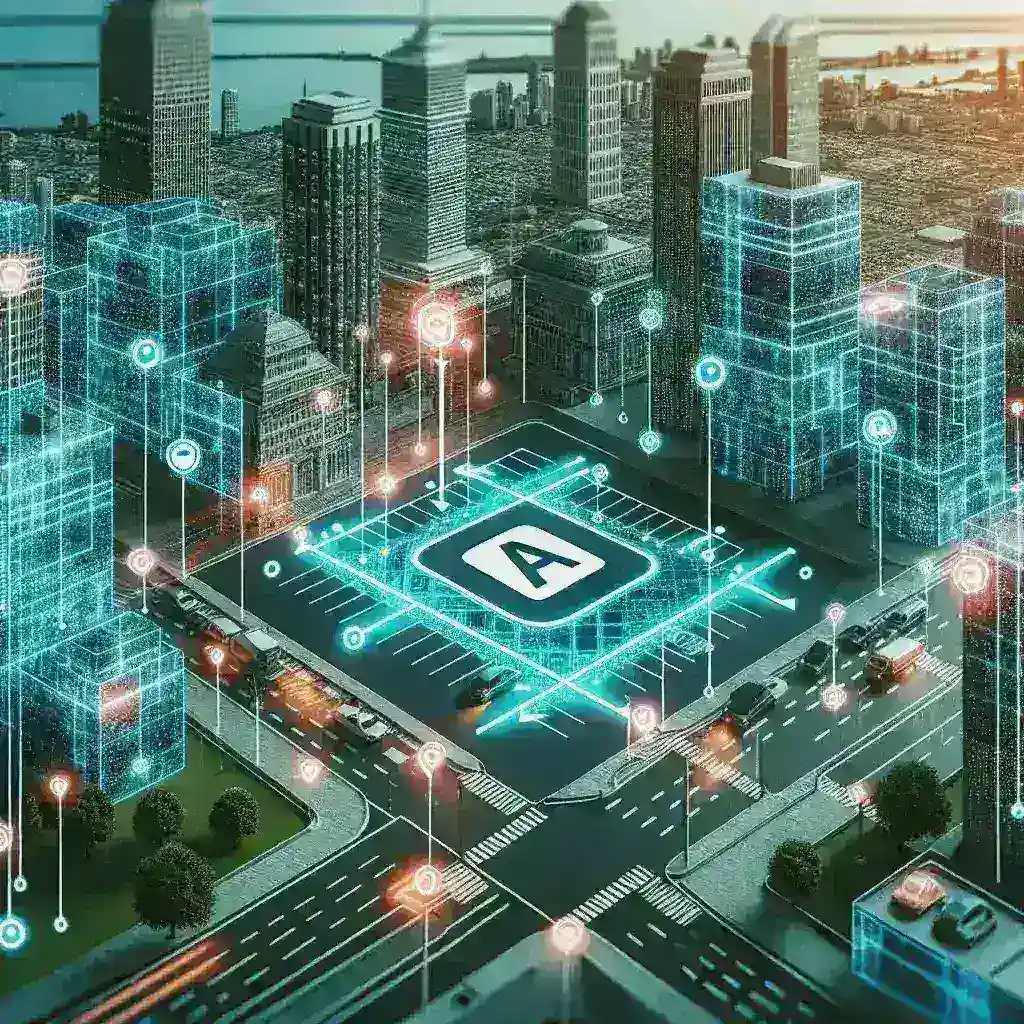Introduction
As urban populations continue to grow, the challenge of finding parking spaces in bustling cities has become increasingly daunting. Recognizing the need for innovative solutions, Google Maps has recently introduced AI-powered parking availability predictions in various U.S. cities. This cutting-edge feature aims to alleviate the stress associated with parking by providing real-time insights into parking availability, ultimately improving the overall driving experience.
The Evolution of Parking Solutions
Historically, finding parking in urban areas has been a significant issue for drivers, often leading to wasted time, increased fuel consumption, and heightened frustration. The advent of smartphone technology and mapping applications transformed how we navigate cities, but the parking conundrum remained largely unsolved until now. With the integration of artificial intelligence (AI), Google Maps is taking a significant leap forward in offering solutions that not only enhance convenience but also promote more efficient urban mobility.
What is AI-Powered Parking Availability Prediction?
AI-powered parking availability prediction leverages advanced algorithms and machine learning techniques to analyze various factors that influence parking availability. This includes real-time data, historical parking patterns, and trends related to events, weather conditions, and time of day. By synthesizing this information, Google Maps can offer users predictions about the likelihood of finding a parking spot in a specific area at a given time.
How It Works
The underlying technology involves several steps:
- Data Collection: Google Maps gathers data from various sources, including user inputs, city databases, and IoT sensors installed in parking structures.
- Machine Learning: The system employs machine learning algorithms to analyze historical data and identify patterns that predict parking availability.
- Real-Time Updates: Continuous data feeds allow the application to furnish real-time updates on parking conditions, enhancing accuracy.
Benefits of AI-Powered Parking Predictions
The introduction of AI parking predictions brings forth numerous benefits:
- Time Savings: Drivers can save valuable time by knowing where they are likely to find parking, reducing instances of circling blocks searching for a spot.
- Reduced Stress: With enhanced predictability, drivers experience less anxiety regarding parking availability, leading to a more pleasant travel experience.
- Environmental Impact: Decreasing the time spent searching for parking can lead to fewer emissions and decreased fuel consumption, contributing positively to urban air quality.
- Enhanced Mobility: AI-driven insights foster a more efficient flow of traffic in cities, making urban environments more navigable.
Challenges and Considerations
While AI-powered parking predictions offer promising benefits, it’s essential to consider some challenges:
- Data Accuracy: The accuracy of predictions relies heavily on the quality and quantity of data collected. Inadequate data may lead to incorrect predictions.
- User Adoption: For the feature to be effective, users must be willing to adopt and trust the technology, which may take time.
- Privacy Concerns: Data collection practices should adhere to privacy regulations, ensuring user information is handled responsibly.
Real-World Applications
Several U.S. cities are already seeing the benefits of this technology:
San Francisco
In San Francisco, users can access real-time parking availability data, allowing them to make informed decisions about where to park before they even leave their homes. This innovation has contributed to smoother traffic flow and reduced congestion in popular districts.
New York City
New York City, known for its challenging parking landscape, has embraced AI predictions, empowering drivers to navigate the city more effectively and reducing the notorious search for parking that plagues its streets.
Los Angeles
In Los Angeles, where car culture is deeply ingrained, the feature has improved the experience for both residents and visitors, making it easier to explore the city without the stress of parking woes.
Future Predictions
As Google Maps continues to refine its AI technology, we can expect even more sophisticated predictions and enhanced features. Future iterations may include:
- Integration with Other Services: Collaboration with ride-sharing and public transportation services to provide seamless travel options.
- Personalized Recommendations: Tailored parking suggestions based on user habits and preferences.
- Expanded Coverage: Wider implementation in more cities, making this feature accessible to an even broader audience.
Conclusion
Google Maps’ integration of AI-powered parking availability predictions marks a significant step forward in addressing one of the most persistent challenges faced by urban drivers. By harnessing the power of artificial intelligence, this feature promises to enhance the driving experience, reduce stress, and contribute to more sustainable urban environments. As technology continues to evolve, we can look forward to a future where finding parking becomes a seamless part of our urban travel experience.

